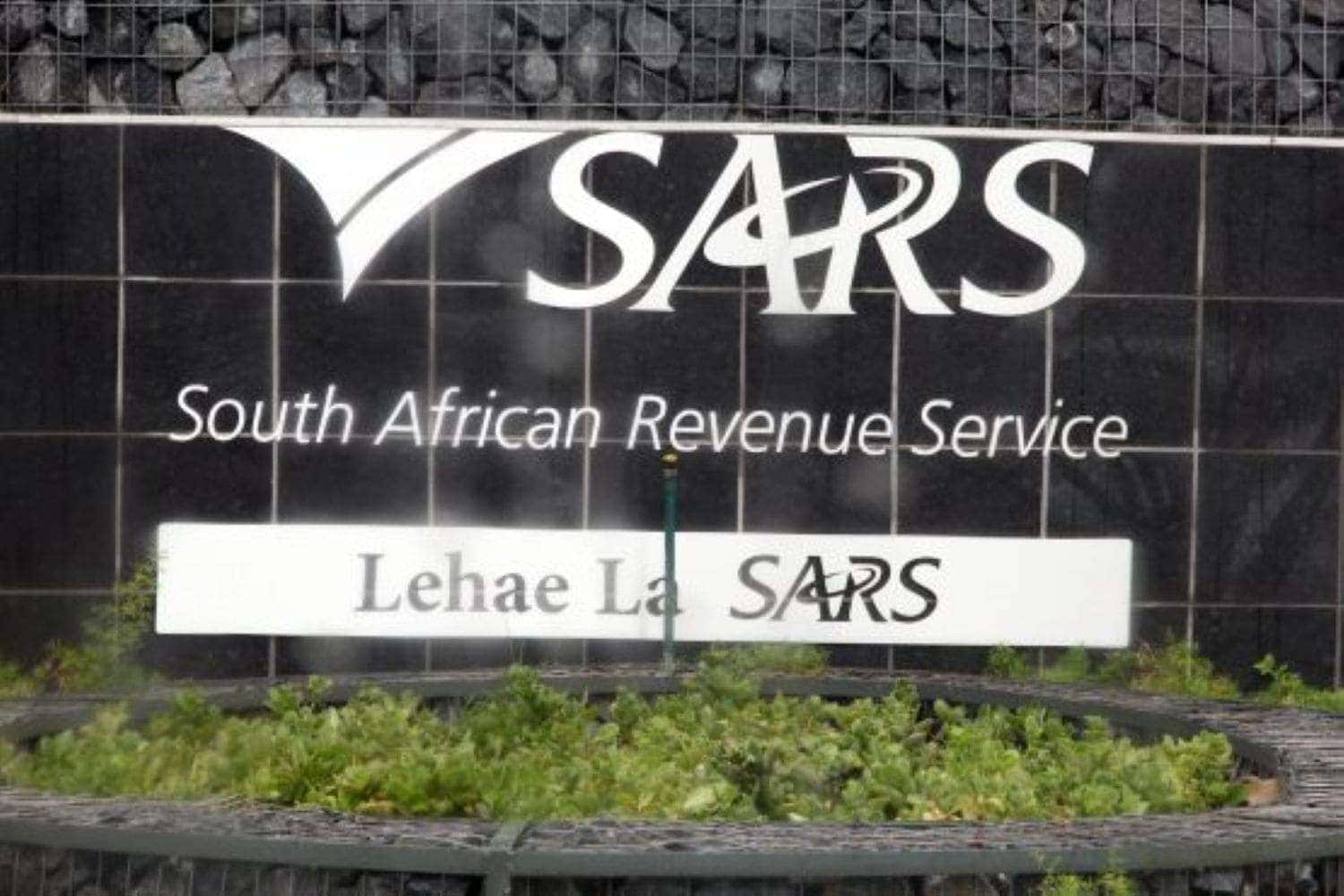If the taxman scares you, you better run. He is on a mission to find almost half a trillion rand and will be tougher and more efficient.

Taxpayers can expect Sars to use tougher enforcement and tech-driven strategies as it ramps up its recovery efforts to collect a staggering R513 billion in unpaid taxes, a record figure that raises questions about the country’s fiscal health.
Geo Kilian, tax attorney at Hobbs Sinclair Advisory, says the size and growth of this debt underscore the pressing need for stronger enforcement as well as taxpayer cooperation.
“A tax debt of this magnitude is not just a number on a balance sheet but a direct threat to public finances and the delivery of essential services. When over half a trillion rand is outstanding, Sars has no choice but to act decisively.”
Sars’ deputy commissioner Johnstone Makhubu disclosed the amount at the 12th Annual Tax Indaba in Johannesburg and said that this was a large increase from around R415 billion last year. The primary culprits are VAT and PAYE (Pay as you earn), “trust monies” that businesses and employers collect on behalf of Sars, along with interest and penalties that can escalate significantly in cases of suspected fraud.
“VAT and PAYE are not optional extras. These are amounts collected in trust. When they are withheld or misappropriated, it crosses into a very serious compliance breach that Sars will pursue aggressively.”
ALSO READ: AI powers Sars efficiencies, says Kieswetter at G20 Zimbali meet
Sars will escalate enforcement and outsource recovery
Killian says this will mean escalating enforcement and outsourcing recovery.
“Sars’s multi-pronged plan blends traditional methods with new approaches. Portions of complex and aged debts are outsourced to around 15 external collection agencies, while internal teams focus on high-impact recoveries.
“Sars is also intensifying legal action, moving from third-party appointments to civil judgments, writs of execution and where necessary, personal liability claims against directors.
“We see a definite shift in tone. Sars is moving away from leniency towards a far more assertive posture. If you deliberately avoid your obligations, expect to face judgments, asset seizures and personal liability.”
However, the taxman still offers relief options for taxpayers in genuine distress, including compromises under Section 200 of the Tax Administration Act and structured deferrals, Killian points out.
“The door is open for taxpayers acting in good faith. If you can show hardship, there are legal mechanisms to restructure or reduce your debt. But you have to talk to Sars as ignoring the problem will only make it worse.”
ALSO READ: Pressure on Sars to prevent tax increases in 2026
Taxman not expected to write off too much of R513 billion debt
Killian says while some debts are ultimately unrecoverable, such as those from liquidated companies, fraudulent entities, or deceased individuals, Sars is cautious about excessive write-offs.
“There is a fine balance. Write off too much and you risk encouraging default as a strategic choice. That is why Sars is exhausting legal remedies first, even in hard-to-collect cases.”
Fortunately, Sars can turn to tech to fill South Africa’s tax gap. Killian says Sars is also betting on technology to curb future debt accumulation.
“Investments in AI and data analytics allow Sars to cross-reference filings and bank data in real time, identifying discrepancies without prior notice. New VAT rules for low-value e-commerce imports will also ensure that digital and cross-border transactions contribute their fair share.”
He points out that Sars is no longer just a reactive tax collector. “With AI-driven insights, Sars is moving towards proactive detection. That’s a game-changer for compliance.”
ALSO READ: Sars boss speaks out against tax hikes – again
Economic pressure and stalling tactics in court
Recovering even part of the R513 billion would significantly strengthen the fiscus, but challenges remain: from economic pressures and “Stalingrad” tactics during litigation to administrative delays, Killian says.
“Compliance is ultimately a partnership between the state and taxpayers. Sars can enforce and innovate, but long-term stability depends on a culture of voluntary compliance. That is the real prize.”






